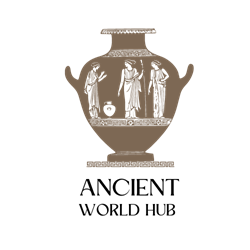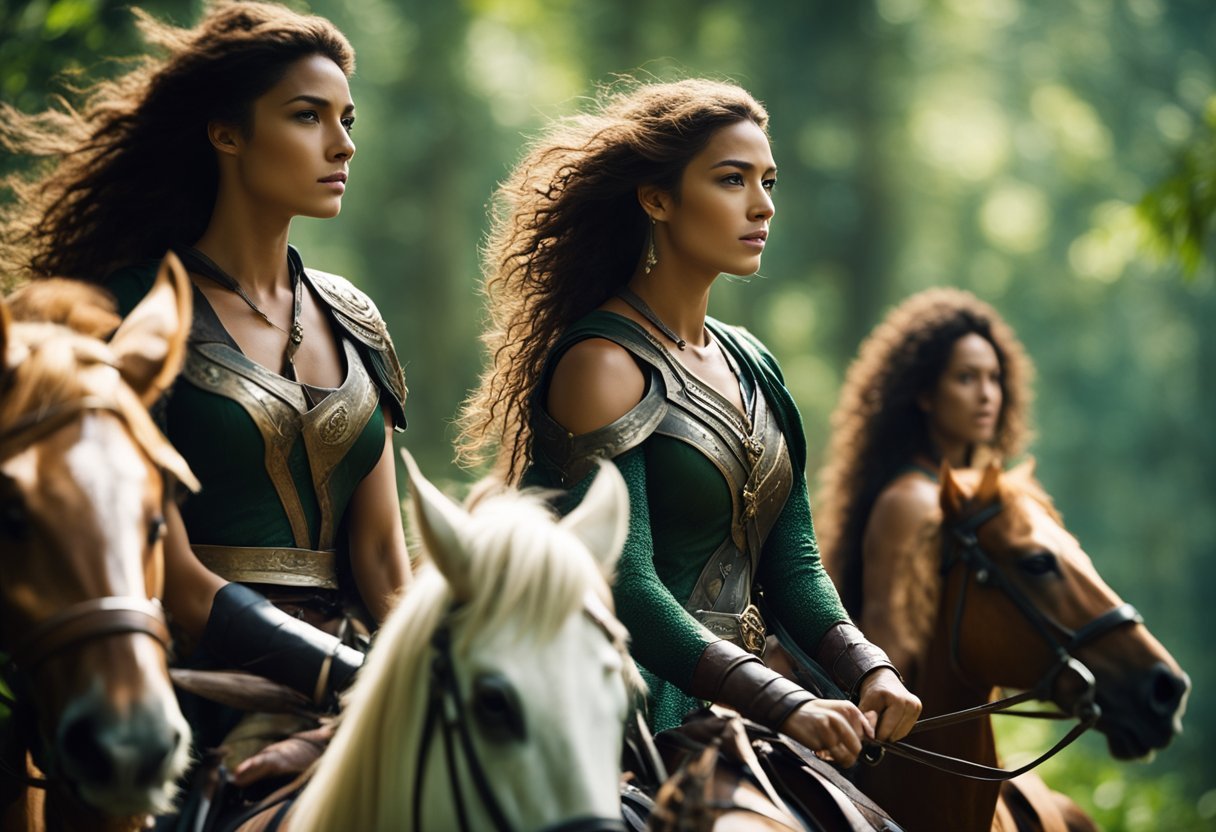The Amazons of Greek mythology have fascinated people for centuries. Renowned for their physical prowess and warrior skills, they were a race of female fighters said to inhabit regions near modern-day Ukraine. Amazons were famously linked with epic tales and legendary battles involving heroes like Hercules and Theseus.
The legends describe these women as skilled archers and fierce combatants, often engaging male heroes in confrontations. Among their queens, Penthesilea stands out for her role in the Trojan War, while Hippolyta is noted for her magical girdle, a gift from Ares, the god of war. These myths originate from an idea of societies structured in stark contrast to those known by the Greeks.
Not confined to just one story, the Amazons feature prominently across multiple narratives and artworks. From fighting beside their sister warriors to interactions with gods and renowned heroes, their tales are complex and captivating, inviting deeper exploration into their mythological and cultural impact.
Origins and Mythology
The Amazons of Greek mythology are famed for their unique society, composed solely of fierce female warriors. Their mythical origins, roles in various Greek myths, and battles with renowned heroes make their stories captivating.

Mythical Origins
The Amazons are said to hail from a distant land, often placed in regions like Scythia or near the Black Sea, particularly modern-day Ukraine. Greek mythology describes them as living in a matriarchal society, opposite to the patriarchal norm of the ancient Greeks. The Amazons’ society functioned without men, and they were known for their skills in combat, archery, and horsemanship.
Legends attribute their foundation to the warrior queen Otrera, the wife of Ares, the god of war. This connection to Ares highlights their martial prowess, setting them apart as formidable adversaries. They did not engage with men except for procreation, ensuring the continuation of their warrior lineage.
Role in Greek Myths
The Amazons appear in several Greek myths, often as antagonists to Greek heroes. One famous myth involves Hercules, who was tasked with obtaining the girdle of Hippolyta, the Amazon queen, as part of his Twelve Labours. This girdle, a gift from her father Ares, symbolized her authority and strength.
Another notable myth is their encounter with Theseus, who either kidnapped or wooed an Amazon named Antiope or Hippolyta, depending on the version. This sparked a conflict known as the Amazonomachy. In the Trojan War, the Amazon queen Penthesilea joined the fight against the Greeks and was killed by Achilles.
The Amazonomachy
The term Amazonomachy refers to the legendary battles between the Amazons and Greek heroes. These conflicts feature prominently in ancient art and literature, showcasing the Greeks’ fascination with these warrior women.
The Amazonomachy often served as a metaphor for the triumph of Greek civilization over barbarism. One of the earliest and most famous depictions is on the Parthenon frieze, illustrating the clash between Greek warriors and Amazons. Artistic representations also appear in vase paintings and sculptures, reinforcing their mythological significance.
These epic battles not only highlight the strength and resilience of the Amazons but also underscore their role as a foil to Greek ideals, challenging the traditional views on gender and society in ancient Greece.
Notable Amazons

The Amazons were a legendary race of fierce, warrior women known for their skill in battle and leadership. Here are some prominent figures among them, each notable for unique reasons.
Queen Hippolyta
Queen Hippolyta was the most famous of all the Amazon queens. Ancient tales often depict her as the wielder of a magical girdle given by her father, Ares, the god of war. Hercules’ ninth labor involved obtaining this girdle, which led to various confrontations and misunderstandings.
Hippolyta is often portrayed as a complex character. In some stories, she willingly gives the girdle to Hercules, while in others, there is a fierce battle. Regardless, her role underscores her significance and the esteem she held amongst her people.
Penthesilea
Penthesilea, another prominent Amazon queen, is best known for her role in the Trojan War. She fought bravely on the side of Troy and was renowned for her combat skills and leadership. Ancient texts often describe her with admiration, highlighting her valor and tragic fate.
In the epic, Penthesilea battles Achilles, who ultimately kills her. As she lies dying, Achilles is said to have been struck by her beauty and resolved to honor her courage. This moment vividly captures the respect she commanded from even her greatest foes.
Antiope
Antiope, sister to Hippolyta, features prominently in myths about Theseus, the hero of Athens. According to some stories, she was abducted by Theseus and taken back to Athens, where she either married him or was kept as a prisoner.
Her narrative intertwines with themes of love, conflict, and tragedy. Some variations describe her falling in love with Theseus and bearing his child, while others focus on her struggle between her Amazonian roots and her life in Athens. Antiope’s tale reveals the complexity of Amazonian interactions with Greek heroes and highlights her enduring legacy in mythology.

